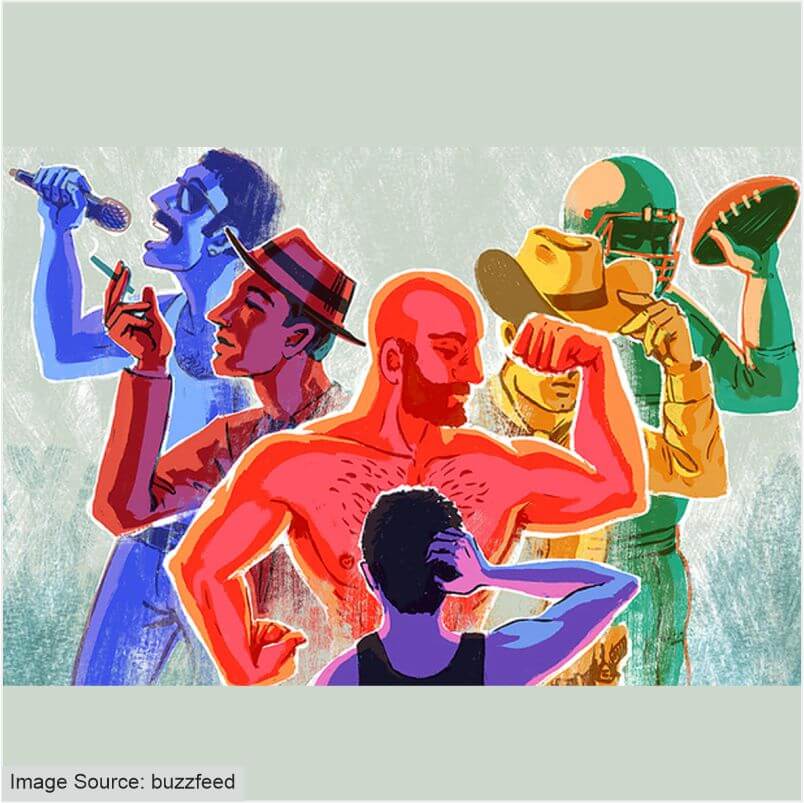Mental Health has been a cultural conversation and strides have been made in that field but somehow men have been left out of the conversation. The reason is the patriarchal culture which discourages men from seeking help.
To raise awareness about men’s mental health, June has been marked as Men’s Mental Health Month. It is an opportunity to shed light on men’s mental health issues.
To observe this month, we are going to talk about the reasons for men’s mental health decline and what we can do about it.
One of the major reasons for men’s mental health issues is traditional expectations of men. Our patriarchal societies push men to be stoic, strong, and independent, discouraging them from expressing vulnerability or seeking help for mental health issues. This pressure to conform to rigid masculine ideals can lead to feelings of isolation and inadequacy, contributing to mental health challenges.
While everyone is pressured to a certain extent, men are the only ones who aren’t allowed to seek help. This creates loneliness and a feeling that the world doesn’t understand them. This is the reason why men’s suicide rate is normally higher than women’s, as men are less likely to seek help when needed.
We often hear phrases like ‘Don’t Cry, Be A Man’ and ‘Don’t Cry Like A Girl’. This creates an expectation that a man should be headstrong even when everything around him is crushing down. This leads to emotional suppression, which has been linked to highly aggressive behaviour.
Speaking of aggressive behaviour, men are more likely to be shamed if their wives earn more than them, which leads to fractures in relationships. Men are also shamed if they love their wives too much, as caregiving and nurturing is a role that is ‘supposed’ to be played by women rather than men.

Culture also plays a big role in creating the ideal toxic masculine figure. In films, we mostly see a man playing a macho role who is filled to the brim with anger and violence. He also treats women with disdain and is rarely vulnerable. This creates an ideal image of a man in the eyes of the audience, we rarely see men in films be vulnerable.
To solve the issue of men’s mental health decline, we need to create a society which doesn’t discourage men from seeking help when they need it. We need to allow men to cry and express their feelings and emotions so that they don’t feel lonely.
Movies and songs need to change, in that men are allowed to be both vulnerable and strong at the same time. Boys also should support their friends when they go through a tough time, instead of shaming them.
Child Help Foundation greatly encourages discussion around mental health. We have conducted numerous mental health sessions in school, which encourages men to seek help when they need it.
Thank you for taking the time to read this article. Make sure to share it with all your friends and family members.
